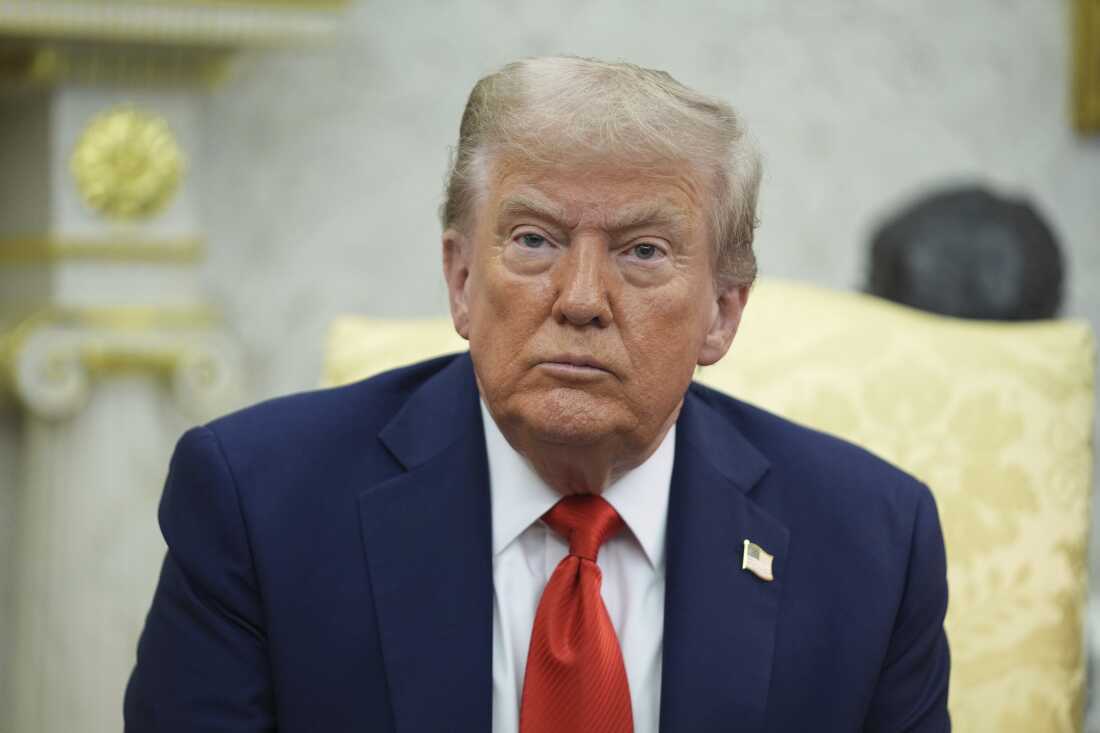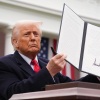The Supreme Court Showdown: Trump’s Tariffs Face Constitutional Scrutiny
The Trump administration’s controversial trade policies have reached the highest court in the land. In a dramatic escalation, the administration has appealed a lower court ruling that deemed the majority of President Trump’s tariffs illegal, directly challenging the Supreme Court’s authority to overturn the decision. This action throws the future of a cornerstone of Trump’s economic strategy into jeopardy.
A Battle Over Presidential Power and Tariffs
The Legal Challenge and its Implications
At the heart of this legal battle is the interpretation of the 1977 International Emergency Economic Powers Act (IEEPA). A divided U.S. Court of Appeals for the Federal Circuit ruled that the IEEPA does not grant the president the sweeping authority to impose tariffs without explicit Congressional approval. This 7-4 decision, while leaving the tariffs temporarily in place, sparked the Trump administration’s immediate appeal to the Supreme Court. Solicitor General D. John Sauer argued in the petition that the lower court ruling creates “uncertainty” in ongoing international trade negotiations, potentially jeopardizing existing and future agreements. The stakes, he insists, are incredibly high.

The Impact on Businesses
The consequences extend far beyond the realm of high-level negotiations. Small businesses, already struggling under the weight of economic uncertainty, are bearing the brunt of these tariffs. Jeffrey Schwab, of the Liberty Justice Center, representing businesses impacted by the tariffs, voiced concerns over the significant harm inflicted upon his clients, emphasizing the urgent need for a swift resolution to alleviate the financial strain. These businesses achieved victory twice in lower courts, highlighting the significant legal arguments against the legality of the tariffs.

The Broader Economic Context
Revenue and Global Repercussions
By late August, tariffs had generated $159 billion in revenue – more than double the amount collected during the same period the previous year. While the administration points to this as a justification, the tariffs’ global impact has been significant. They have disrupted global markets, strained relationships with US allies and trading partners, and fueled concerns about inflation and slower economic growth.

Trump’s Trade Strategy and its Critics
President Trump employed these tariffs as a tool to pressure countries like the European Union and Japan into more favorable trade deals. However, the legal challenges highlight the inherent tension between the executive branch’s use of emergency powers and the Constitution’s allocation of taxation powers to Congress. The dissenting judges in the appeals court, while in the minority, argued that the IEEPA does indeed allow presidential regulation of imports during national emergencies, even without specific limits.
The Supreme Court’s Role and Potential Outcomes
The Supreme Court’s decision will have far-reaching implications, potentially requiring refunds of billions of dollars in collected import taxes should the tariffs be deemed illegal. This appeal represents yet another instance of the Trump administration actively engaging with a Supreme Court shaped, in part, by his own appointments. The case is expected to be heard as early as November, with the outcome holding immense consequences for the future of US trade policy and the balance of power between the executive and legislative branches. The ruling will directly impact two sets of tariffs, including those imposed on goods from Canada, China, and Mexico. Tariffs on steel, aluminum, and automobiles are not included in this particular case, nor are the tariffs on China that remain in place under the Biden administration. Other laws allow for the imposition of tariffs but with tighter restrictions on speed and severity.
This legal battle transcends a simple disagreement over tariffs; it represents a fundamental clash over presidential authority and the delicate balance of power within the US government. The Supreme Court’s decision will undoubtedly shape the trajectory of future trade policy and the extent of presidential power in economic matters.


